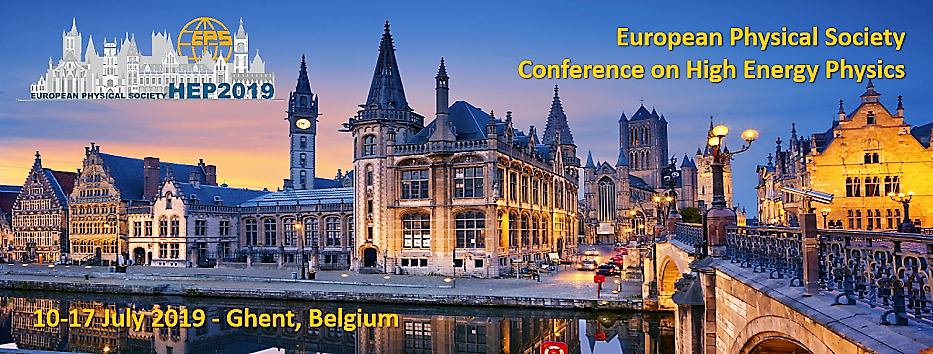Speaker
Description
FASER is a new experiment at the LHC aiming to search for light, weakly-interacting new particles, complementing other experiments. A particle detector will be located 480 m downstream of the ATLAS interaction point. In addition to searches for new particles, we also aim to study high-energy neutrinos of all flavors, as there is a huge flux of neutrinos at this location. To date, muon neutrino cross-section data exist up to 350 GeV with accelerator-based neutrino beams, but we still miss data at the TeV energy scale. At the LHC-FASER, the neutrino cross-sections will be measured in the currently unexplored energy range between 350 GeV and 6 TeV. In particular, tau neutrinos will be measured at the highest energy ever. Furthermore, the channels associated with heavy quark (charm and beauty) production could be studied. As a feasibility study, a test run was performed in 2018 at the proposed detector location with a 30-kg lead/tungsten emulsion-based neutrino detector. Data of 12.5 fb$^{-1}$ was collected and about 30 neutrino interactions are expected to be recorded in the detector. For Run 3 of the LHC (2021-2023), we are planning to deploy an emulsion detector with a target mass of 1 ton, coupled with the FASER magnetic spectrometer, which would yield >10,000 muon neutrinos and about 50 tau neutrinos interacting in the detector. Analysis of the 2018 test run, as well as the prospects for future runs, will be presented.




